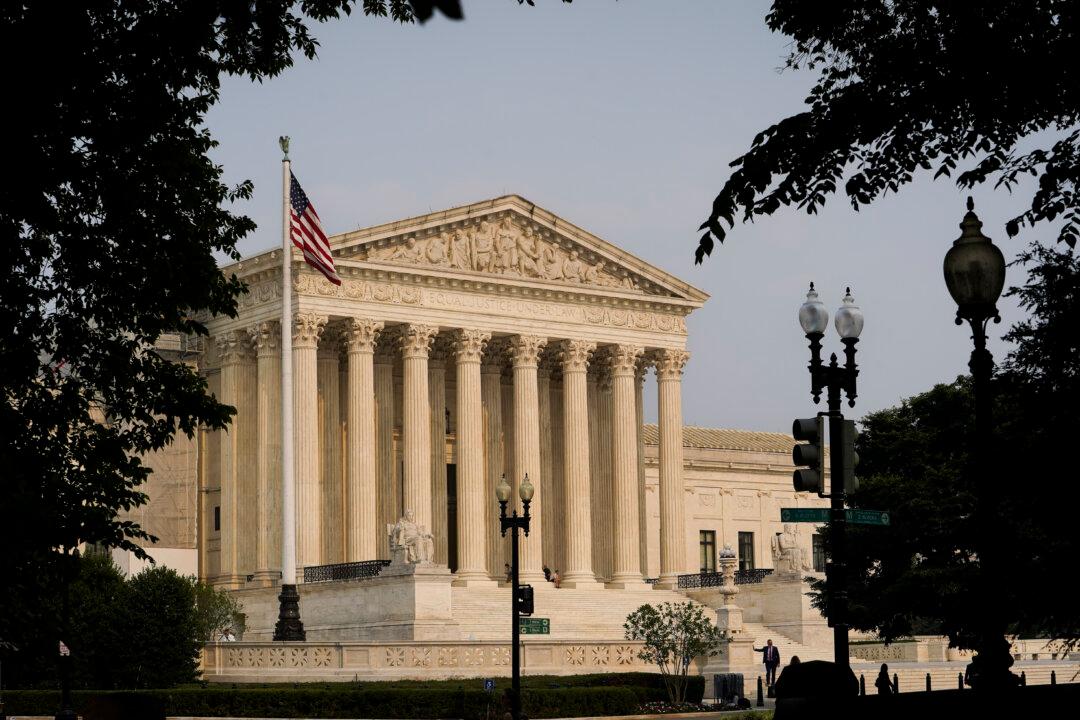The Supreme Court agreed on June 26 to consider a challenge to a wealth tax that was levied on capital gains that a Washington state couple never received.
The mandatory repatriation tax, also known as the Section 965 transition tax, was part of the Tax Cuts and Jobs Act passed by the Republican-controlled Congress in 2017 and signed into law by then-President Donald Trump on Dec. 22, 2017.





